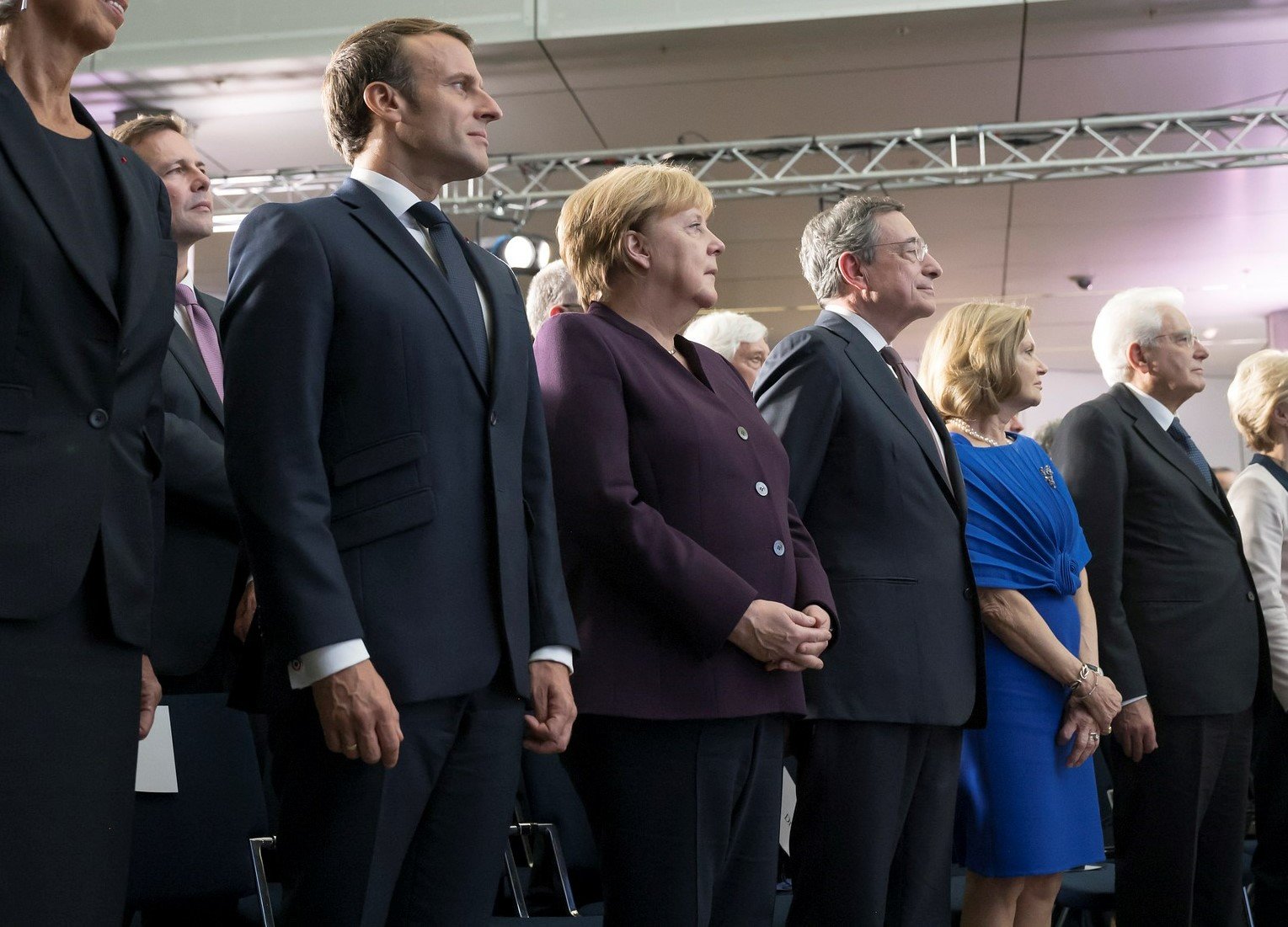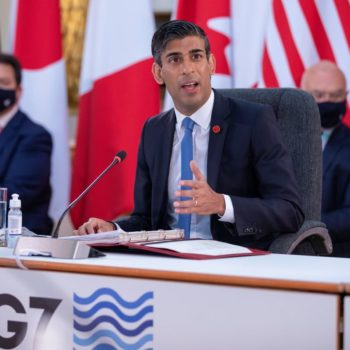This is the second in a two part series about the upcoming G7 Summit. Read part one here: G7 Countdown.
The UK has a long history of claiming global climate leadership. The Chair’s statement released following the May 28th meeting of G7 Finance Ministers meeting shows that the UK is highly focused on green financial regulation (TCFD, sustainability norms and standards).
Encouragingly, and for the first time this year, the Chair’s statement reflected on domestic recovery efforts. If this is an indication that the UK is pushing for a joint approach to greening G7 recovery investments those claims of leadership may ring true. The UK’s standing to leverage G7 commitments on finance solidarity is undermined, however, by the decision to backtrack on ODA spend commitments.
Who, then, makes up the G7 leadership team?
Alongside the UK, Italy is most under pressure to deliver, being in the driving seat for both the G20 and COP26. If the G7 fails the three key tests, they will certainly come back to haunt Mario Draghi in the G20 meeting. Draghi should be using the G7 leaders meeting to set up a coalition for success heading into the October G20 leaders’ summit and preceding July 22 Venice Climate Summit. If the foundations aren’t laid by a strong G7 outcome, it will be even tougher for Italy to secure the backing and diplomatic firepower behind a strong G20 outcome.
With the recent May 18 France-Africa summit, President Macron has positioned France as a champion for ensuring that support for resilient and green recovery is delivered, particularly for Africa. The G7 will be critical to building a coalition behind the process on debt and green recovery laid out by the French back in May. Having put himself under this spotlight, Macron can work with Italy to bring Germany along, ensuring that the solidarity gap gets filled with credibly not just photo ops.
This is Angela Merkel’s last G7. The big question is: will she step up to make this key piece of architecture work in responding to the multiple crises, or rest on her laurels? Merkel built her career on making multilateralism work. Corralling European allies to support a G7 outcome that unlocks solidarity on vaccines, debt relief and public climate finance for developing countries would be a mighty legacy to leave.
The US has also set itself up as a champion for the solidarity agenda. Following the G7 Finance meeting on May 28th, Secretary Yellen published a statement emphasising “the importance of providing further fiscal support to promote a robust and lasting recovery”.
The major vacancy in the leadership team is on green recovery at home. The EU’s leading example, requiring its members to devote 37% of EU recovery funds to green policies, makes the EU G7 leaders top candidates for championing domestic green recovery standards. As the UK languishes bottom of the leaderboard for its green recovery and the Biden Administration faces hurdles from Congress on its Infrastructure Plan, blockers to G7 unity are significant. Are France, Italy, or Germany willing to step up to the mark?


